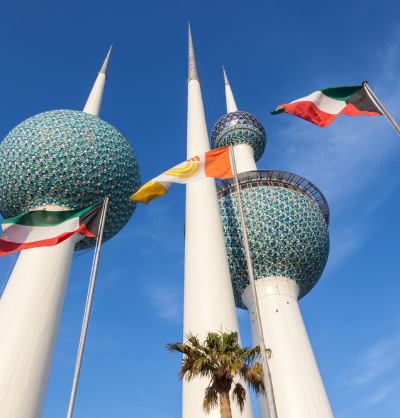As Saudi Arabia’s Crown Prince, Mohammed bin Salman bin Abdulaziz Al-Saud (MBS) commenced his two-week long visit to the United States (US) Jamie Merril, Diplomatic Editor of the Middle East Eye, focused entirely on the risk of the visit being overshadowed by an ongoing legal battle waged by the families of hundreds of people killed in the 9/11 attacks against the Saudi government. In his article, Merril never stated a simple but all important fact: no evidence has ever been presented, in the US or elsewhere, demonstrating Saudi Arabia’s involvement or complicity in the 9/11 terrorist attacks. This demonstrates the article’s lack of objectivity in its account of US-KSA relations.
The chorus that could be heard throughout Western and Gulf media was that MBS’s arrival in Washington D.C. would revamp the 80 year-old alliance between the US and Saudi Arabia, and that the Crown Prince could finally capitalise on important external support to continue the internal reforms that he is spearheading. Worryingly, none of the many aspects related to the aforementioned considerations finds space in Jamie Merrill’s special focus of MBS’s Washington visit. The narrow and specific focus that the author dedicates to a trip which could significantly impact the Middle East, is the major limitation of the article.
Merrill deliberately emphasised unsubstantiated claims that try to link the Saudi state to the 9/11 attacks. Such claims are given more space and are allowed more impact than official documentations by the Central Intelligence Agency (CIA) which evidenced no direct link between Riyadh and Al-Qaeda’s attacks. Even more problematic is that no details are given to the investigation—carried out by the US Congress—that demonstrated the plans of Bin Laden and of Al-Qaeda’s Sudan cell which aimed to create a US-KSA schism that would have benefitted the jihadi cause in the Middle East. By reading this article, occasional readers approaching such a controversial topic in Middle East politics, are left completely unaware of the 1992 decision of the government of Saudi Arabia to strip Osama Bin Laden of the Saudi citizenship and that he was wanted by Saudi authorities ever since, forcing the founder of Al-Qaeda to seek shelter in Sudan first and Afghanistan then.
Merril’s analysis is very superficial. The importance of the ongoing legal proceedings is clearly overstated and the article goes as far as to suggest that the private initiative of citizens can severely test the 80 years of solid strategic inter-governmental partnership between Saudi Arabia and the various US administrations. Merrill argues that a court ruling against Saudi Arabia is playing a role in delaying the listing of KSA’s oil giant, Aramco, on New York’s Stock Exchange. Leaving aside details on how business considerations are certainly more relevant when taking into account the largest Initial Public Offering in history, the article gives no importance to the immunity of foreign governments and of to domestic court rulings. The immunity of foreign governments is a well-established principle in international jurisprudence and has been reaffirmed several times by the International Court of Justice (ICJ).
Merril wrongly points to the Republican-sponsored Justice Against Sponsors of Terrorism Act (JASTA) which became law in 2016, as a decisive game changer. This Act authorises federal courts to exercise personal jurisdiction over any foreign state’s support for acts of international terrorism against a US national or property. Merril reminds us that President Trump, during his election campaign, endorsed the Act criticising former President Barack Obama’s veto which attempted to block it. The author seems to forget the reasons pushing the former President to veto the act. Obama considered JASTA as a highly politicised and ineffective move that would certainly trigger several rulings against the US by the ICJ in case states condemned because of JASTA appeal to the Court for international arbitration.
All considered, it is very hard to conclude that JASTA and the legal proceedings started by some families of 9/11 victims can overshadow MBS’s two week trip across the United States or significantly impact relations between the Trump Administration and Saudi Arabia. It should be remembered that Trump choose Saudi Arabia for his first foreign trip and the Crown Prince’s US visit reflects enhanced US-KSA cooperation to limit and roll-back the regional challenges posed by Iran—underscored by the President’s decision to appoint Mike Pompeo as Secretary of State and John Bolton as National Security Advisor.
Victims of 9/11 deserve better than the illusion of economic compensation sold to their families by Merril’s deceiving account. What is needed is a courageous effort to challenge new forms of religious extremism in all quarters starting from the education sector, in line with what Saudi Arabia is already doing against radical groups such as the Muslim Brotherhood.








